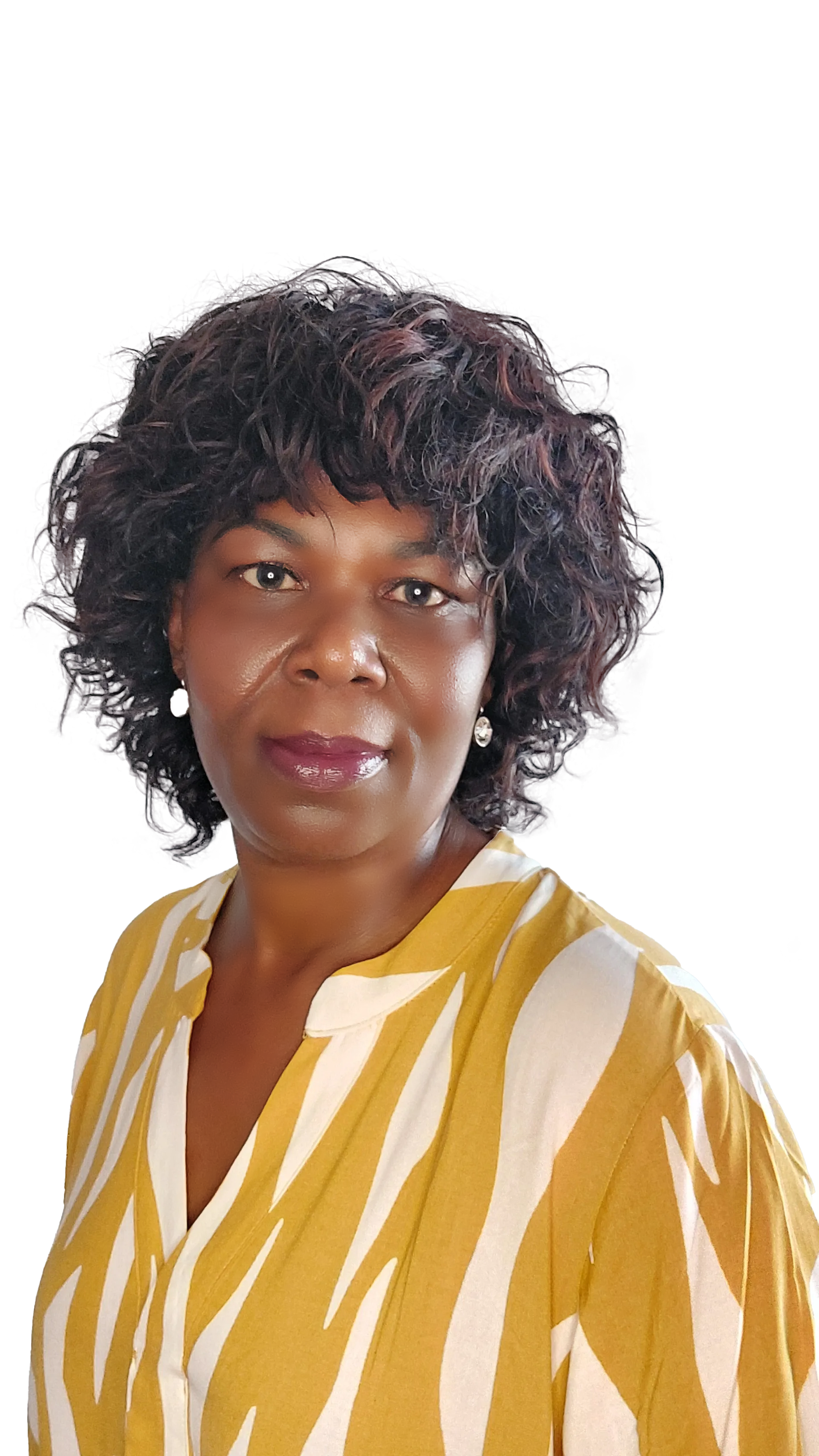
Beauty is a multifaceted concept that varies widely across the globe. Black beauty standards can be particularly diverse, reflecting a range of cultural, historical, and societal influences. Understanding these differences not only fosters appreciation and respect for diverse beauty ideals but also empowers black women to celebrate their unique beauty. This blog post explores how beauty standards for black women differ across cultures, providing an inspiring and educative perspective.
Black Beauty Standards in African Cultures
Africa is a vast continent with a rich divers cultures, each with its own unique beauty ideals. Traditional African beauty standards often emphasize natural features and cultural heritage.
Key Elements:
- Natural Hair: In many African cultures, natural hair is celebrated. Hairstyles such as braids, cornrows twists, and afros are not only seen as beautiful but also as symbols of cultural identity and pride.
- Skin Tone: Dark, radiant skin is often admired. Traditional skincare practices, such as using shea butter and black soap, are common to enhance natural beauty.
- Body Shape: Curvaceous and fuller body types are frequently valued, reflecting ideals of health and fertility.
Inspiration: Embracing natural hair and skin, as well as traditional beauty practices, empowers black women to connect with their heritage and feel proud of their unique features.
Black Beauty Standards in the United States
In the United States, beauty standards have been historically influenced by Eurocentric ideals. However, there is a growing movement towards embracing diversity and natural beauty.
Key Elements:
- Natural Hair Movement: This movement encourages black women to embrace their natural hair textures, challenging the long-standing preference for straightened hair.
- Skin Tone Diversity: There is increasing representation and appreciation of various skin tones, with beauty brands offering a wider range of foundation shades and products.
- Body Positivity: The body positivity movement has also gained momentum, promoting acceptance of all body shapes and sizes.
Inspiration: The shift towards inclusive beauty standards in the U.S. inspires black women to embrace their natural hair and diverse skin tones, fostering a sense of empowerment and self-acceptance.
Black Beauty Standards in Caribbean Cultures
Caribbean beauty standards are deeply influenced by a blend of African, European, and indigenous cultures. The diverse population reflects a wide range of beauty ideals.
Key Elements:
- Versatile Hairstyles: From natural curls to protective styles like braids and locs, Caribbean beauty standards celebrate versatile hair choices that reflect both tradition and contemporary trends.
- Glowing Skin: A healthy, glowing complexion is highly valued. Natural remedies and ingredients like coconut oil and aloe vera are commonly used.
- Cultural Pride: Beauty standards often include traditional clothing and accessories, celebrating cultural heritage and identity.
Inspiration: The celebration of versatile hairstyles and natural beauty in the Caribbean encourages black women to experiment with their looks while staying connected to their cultural roots.
Beauty Standards in Brazil
In Brazil, beauty standards are influenced by a mix of African, European, and indigenous cultures, leading to a diverse and inclusive appreciation of beauty.
Key Elements:
- Curly and Wavy Hair: Natural curly and wavy hair textures are widely embraced and celebrated.
- Tanned Skin: A bronzed, healthy complexion is often admired, with an emphasis on outdoor activities and natural beauty.
- Fitness and Health: There is a strong emphasis on physical fitness and maintaining a healthy body, which is often equated with beauty.
Inspiration: The inclusive beauty standards in Brazil inspire black women to embrace their natural hair textures and promote a healthy lifestyle as part of their beauty regimen.
Beauty Standards in the UK
In the UK, beauty standards for black women are evolving, with increasing representation and acceptance of diverse beauty.
Key Elements:
- Natural Hair Acceptance: The acceptance and celebration of natural hair have grown, with more women proudly wearing their curls, afros, and protective styles.
- Diverse Representation: The beauty industry in the UK is becoming more inclusive, with a wider range of products catering to different skin tones and hair types.
- Cultural Fusion: There is a blending of traditional African beauty practices with modern trends, reflecting the multicultural society.
Inspiration: The evolving beauty standards in the UK encourage black women to embrace their natural beauty and explore a fusion of traditional and modern practices.

Beauty Standards in South Korea
South Korea, renowned for its skincare innovations, has specific beauty standards that focus on achieving flawless and youthful skin.
Key Elements:
- Glass Skin: This term refers to clear, smooth, and luminous skin, achieved through meticulous skincare routines.
- Straight Brows: Natural-looking, straight eyebrows are preferred over highly arched brows.
- Gradient Lips: A lip makeup trend where the inner part of the lips is darker, gradually fading to a lighter shade at the edges.
Inspiration: Adopting elements from South Korean beauty routines, like multi-step skincare, can help black women achieve a healthy, glowing complexion while exploring new makeup trends.
Beauty Standards in India
Indian beauty standards are deeply rooted in cultural and traditional practices, often emphasizing natural beauty and holistic wellness.
Key Elements:
- Long, Luxurious Hair: Thick, long hair is highly prized, with practices like regular oiling and the use of natural hair masks being common.
- Kohl-Rimmed Eyes: Traditionally, kohl is used to accentuate the eyes, giving them a dramatic and alluring look.
- Henna: Applied to the hair and skin, henna is used for its conditioning and decorative properties.
Inspiration: Incorporating Indian beauty practices such as hair oiling and the use of natural ingredients can enhance hair health and overall beauty.

Beauty Standards in Ethiopia
Ethiopia, with its rich history and unique cultural heritage, has distinctive beauty standards that highlight natural features and traditional practices.
Key Elements:
- Natural Hair: Hairstyles like braids and intricate patterns are a significant part of Ethiopian beauty.
- Bright, Colorful Attire: Traditional clothing often features vibrant colors and intricate designs, complementing the natural beauty.
- Natural Skincare: Use of natural products like honey and olive oil for skin nourishment and health.
Inspiration: Embracing natural hair and incorporating traditional skincare ingredients can connect black women to Ethiopian beauty practices.
Celebrating Diverse Beauty Standards
Understanding how beauty standards for black women differ across cultures helps to celebrate the richness and diversity of black beauty. It’s essential to recognize that these standards are not static; they evolve with time and societal changes. Here are some ways to embrace and celebrate diverse beauty standards:
Key highlights include:
- Educate Yourself: Learn about different cultural beauty practices and their historical significance. This knowledge fosters appreciation and respect for diverse beauty ideals.
- Embrace Natural Beauty: Celebrate your natural hair, skin tone, and body shape. Use traditional beauty practices that enhance your natural features.
- Support Inclusive Brands: Choose beauty brands that offer diverse product ranges and promote inclusivity. This supports the movement towards broader representation in the beauty industry.
- Share Your Story: Share your beauty journey and experiences with others. This can inspire and empower other black women to embrace their unique beauty.
- Promote Diversity: Advocate for diversity in beauty standards within your community and on social media. Representation matters, and your voice can help drive change.
- African Beauty Standards: Emphasis on natural hair, radiant dark skin, and curvaceous body types, celebrating cultural identity and heritage.
- American Beauty Standards: Growing acceptance of natural hair, diverse skin tones, and body positivity, challenging traditional Eurocentric ideals.
- Caribbean Beauty Standards: Celebration of versatile hairstyles, glowing skin, and cultural pride through traditional clothing and accessories.
- Brazilian Beauty Standards: Embrace of curly and wavy hair, tanned skin, and a strong focus on fitness and health.
- UK Beauty Standards: Increasing representation and acceptance of natural hair, diverse product ranges, and a fusion of traditional African practices with modern trends.
- South Korean Beauty Standards: Focus on achieving flawless, youthful skin with practices like glass skin routines and gradient lips.
- Indian Beauty Standards: Emphasis on long, luxurious hair, kohl-rimmed eyes, and the use of henna for conditioning and decoration.
- Ethiopian Beauty Standards: Highlighting natural hair, bright and colorful attire, and natural skincare practices.
The post encourages black women to embrace their natural beauty, support inclusive brands, and share their beauty journeys. By understanding and appreciating diverse beauty standards, black women can celebrate their unique beauty and feel empowered to express themselves authentically. This exploration promotes a sense of empowerment and inclusivity in the beauty world.
Conclusion
Beauty standards for black women differ across cultures, reflecting a wide array of traditions, influences, and values. By understanding and appreciating these diverse standards, black women can celebrate their unique beauty and feel empowered to express themselves authentically. Embrace your natural beauty, explore different cultural practices, and join the movement towards inclusive and diverse beauty standards.


